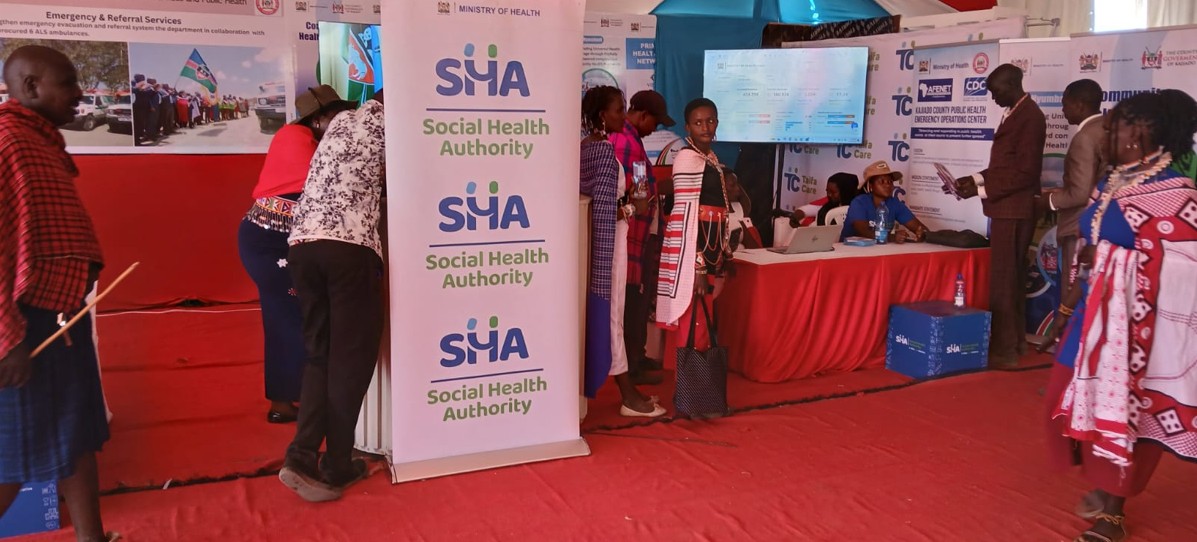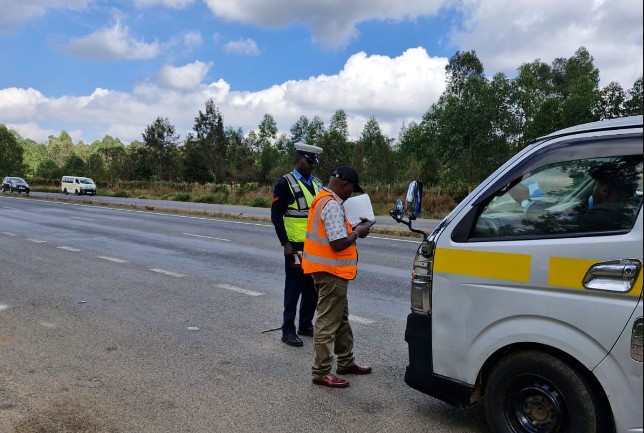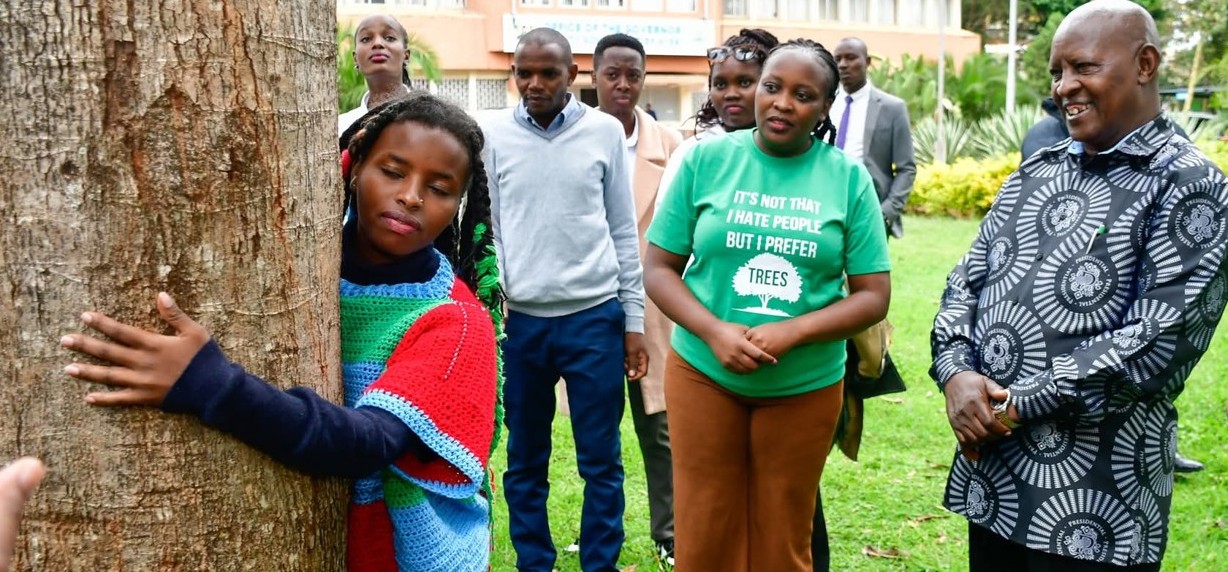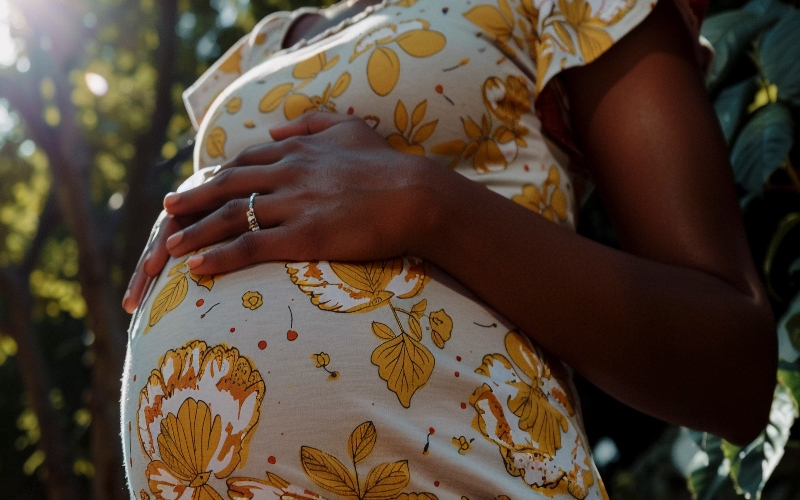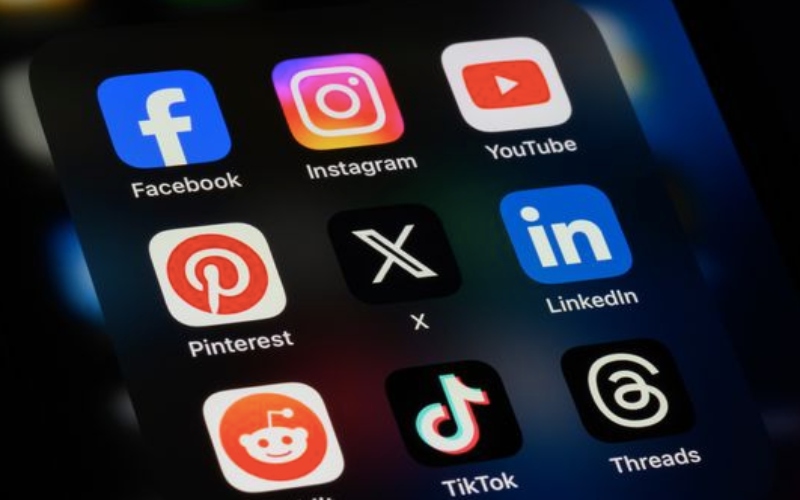How social media is facilitating global illegal wildlife trade
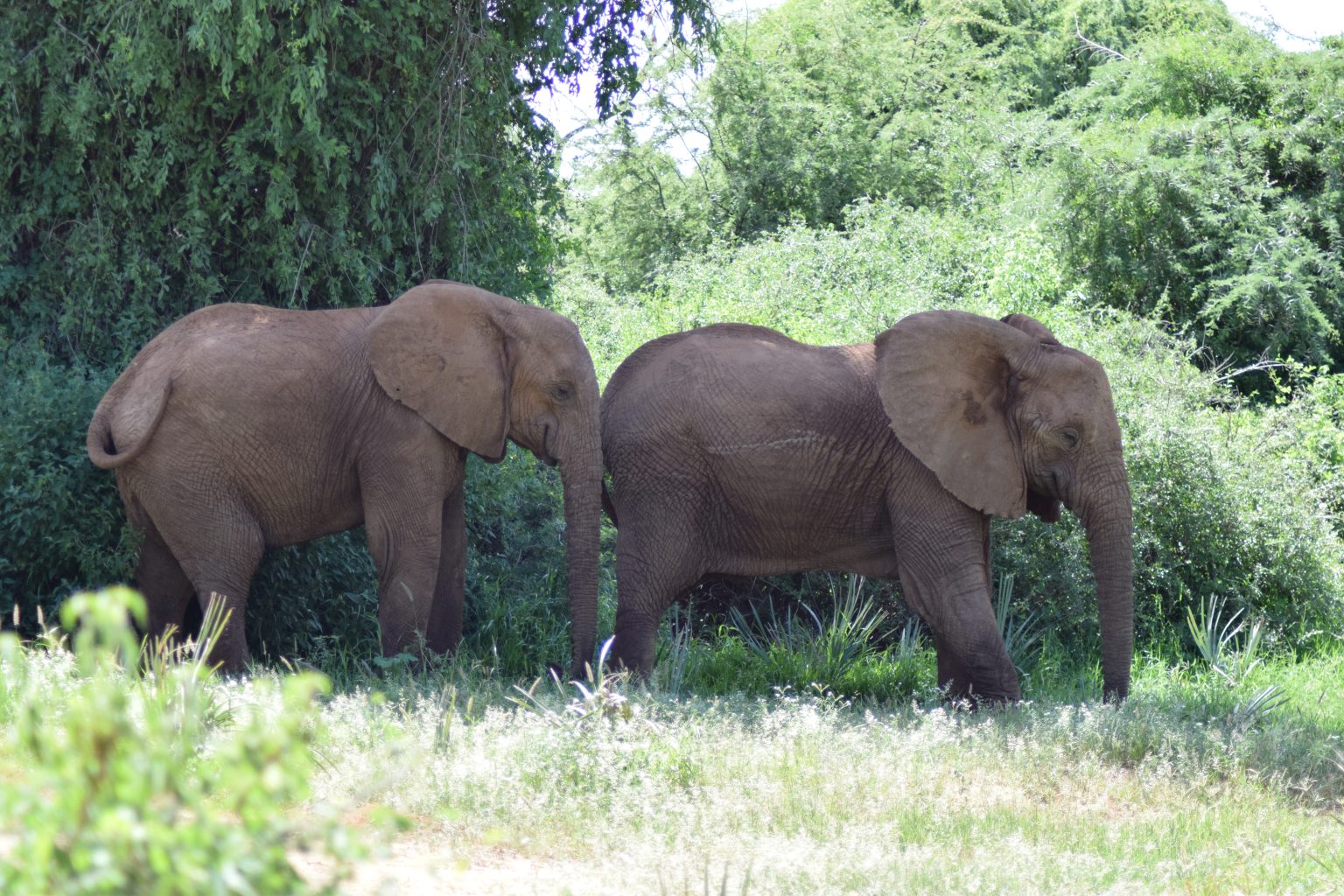
According to the findings, Facebook remains the primary social media platform for online IWT, with e-commerce platforms also playing a smaller yet significant role.
A report by the Global Initiative Against Transnational Crime (GI-TOC) has revealed an alarming surge in Illegal Wildlife Trade (IWT) on the internet, particularly via encrypted social media apps over the last decade.
GI-TOC's latest report, titled "Monitoring Online Illegal Wildlife Trade", released on Friday, reveals that the illicit trade in plants, particularly rare succulents and orchids, is prevalent in South Africa, with over 1.6 million succulents seized between 2019 and 2024.
More To Read
- Wildlife traffickers arrested in Laikipia as police seize 18kg of elephant ivory worth Sh3.6 million
- Garissa leaders oppose wildlife relocation, demand revival of dormant game reserves
- Wajir South MP condemns relocation of orphaned giraffes to Nanyuki
- Wildlife compensation claims hit Sh3.5 billion as thousands of Kenyans wait years for payments
- KWS rescues cheetah cub raised by woman in Garissa
- Chad cuts ties with Prince Harry's wildlife charity over alleged poaching
The report also found that Thailand has become a hotspot for the illicit ivory trade.
This follows a similar report in 2022, which revealed that both Kenya and Nigeria were experiencing a surge in the online sale of the African grey parrot, a bird listed as endangered by the International Union for Conservation of Nature (IUCN) and the Convention on International Trade in Endangered Species (CITES) of Wild Fauna and Flora.
"African grey parrots have been decimated in the wild by trapping for the pet trade. This once-abundant species is now at risk of extinction in many parts of its natural range. Trapping wild animals and bringing them into our homes is not only driving species to extinction but also leads to suffering and increases the risk of spreading zoonotic diseases," Dr Rowan Martin of the World Parrot Trust said at the time.
Senior Project Officer for TRAFFIC’s Reducing Trade Threats to Africa’s Wild Species and Ecosystems (ReTTA) project, Momballa Mbun, also noted that while platforms worldwide have taken some steps to address the illegal sale of wild species, and several countries are considering legislation to force platforms to take action, this issue has received less attention in Africa.
"As a result, sales of endangered species are easily found on many platforms. Our research exposed the concerning gap in the regulation of African e-commerce platforms compared to the more rigorous regulation of physical marketplaces. Unregulated sellers are exploiting these gaps, and illegal sales of endangered species are easily found on many platforms. Our ongoing monitoring of platforms suggests there has been little improvement since we first alerted them to the scale of the problem in 2018," he said.
The latest report, based on data from a new Global Monitoring System (GMS), systematically monitored online IWT in Brazil, South Africa, and Thailand between August and September last year. It detected 1,741 advertisements for 34 target species, a significant rise from the 477 detected in the previous monitoring period between May and July the same year.
"Hundreds of advertisements detected in each country between August and October 2024 indicate that online markets pose a threat to at least 25 protected wildlife species (74 per cent of the target species)."
Elephants topped the list, with 469 detections reflecting active markets in Thailand and South Africa. Tigers ranked second, with 334 detections—99 per cent of which were in Thailand. African grey parrots were also highly recorded, with 260 detections across the three countries.
On these platforms, sellers were found to use coded language to indicate ivory products, such as the elephant emoji to represent "ivory".
The report also noted an increase in advertisements for hyacinth macaws, a species protected under international and national regulations and classified as vulnerable on the IUCN Red List.
This species was detected in all three countries, albeit with fewer overall detections (37), with 77 per cent originating from Brazil.
"In Thailand and South Africa, hyacinth macaws are typically advertised as live specimens. In Brazil, however, most of the trade involves the use of feathers in illegally marketed indigenous headdresses (known locally as cocares). Pangolins ranked tenth, with 34 detections from Thailand," the report states.
Caimans, which are protected at the national level and listed under CITES depending on the species, have now become one of the top species detected in Brazil.
Other Topics To Read
"Despite the multi-level protection status of the species, there are significant levels of online illegal trade, suggesting that the existing biodiversity governance regime has not been sufficient to keep online markets in check," the report adds.
According to the findings, Facebook remains the primary social media platform for online IWT, with e-commerce platforms also playing a smaller yet significant role.
The platform accounted for 91 per cent (1,587) of the advertisements during this period, an increase from the previous reporting period, when 78 per cent (374) of the detections were from Facebook.
"Looking at data from Brazil and South Africa separately, there is a notable decrease in Facebook detections: from 78 per cent (374) in May–July 2024 to 61 per cent (238) in August–October 2024. The e-commerce platforms with the most detections remained OLX in Brazil (12) and PublicAds in South Africa (136). The South African hub detected more adverts on PublicAds (136) than on Facebook (53) during this reporting period," the report states.
In Thailand, the illegal ivory trade has historically been conducted in physical markets and through referrals, driven by cultural and religious beliefs that claim ivory products have supernatural benefits.
"Elephant ivory and its carvings have always been important in Thai culture, with the oldest known ivory artefacts dating back almost 4,000 years. Ivory is kept in temples for worship and given as gifts to respected individuals, based on the belief that elephants have protective spiritual guardians. A recent USAID survey found that 2 per cent of the Thai population owned ivory pieces."
The report further explains that the commercial ivory trade in Thailand began in the late 1930s in Phayuhakhiri, Nakhon Sawan province, initially to meet the demand for religious objects blessed by monks. Early ivory carvings included Buddha amulets, knife handles, and animal figurines. However, with the growth of international tourism in the 1970s, ivory carving expanded to include products popular with tourists, such as jewellery and East Asian figurines.
"Despite the long history of ivory trade in Thailand, recent years have seen a significant shift to digital platforms, such as online marketplaces and social media, which are increasingly being used to sell illegal wildlife products, including elephant ivory. The anonymity and wide reach of these platforms allow traders to connect with potential buyers with minimal risk," the report notes.
According to INTERPOL, traffickers are advertising and selling wildlife and wildlife products on social media platforms, thus gaining access to a vast international marketplace. Following the same routes as other crimes, such as drug and weapons smuggling, wildlife trafficking is rising by between five per cent and seven per cent annually—two to three times faster than the global economy.
This is largely due to limited regulation of online market spaces by law enforcement, or because platforms themselves are struggling to keep up.
Data regarding the scale of the market, its dynamics, operations, and ramifications—especially on a global scale—remains scarce, creating a significant obstacle to combating this crime.
To address this, Eco-Solve is developing the GMS data hubs to systematically monitor global online IWT and gather data to support law enforcement efforts and inform policymaking.
The hubs will primarily focus on countries whose domestic online markets are considered the largest or most consequential in their respective regions.
Top Stories Today





